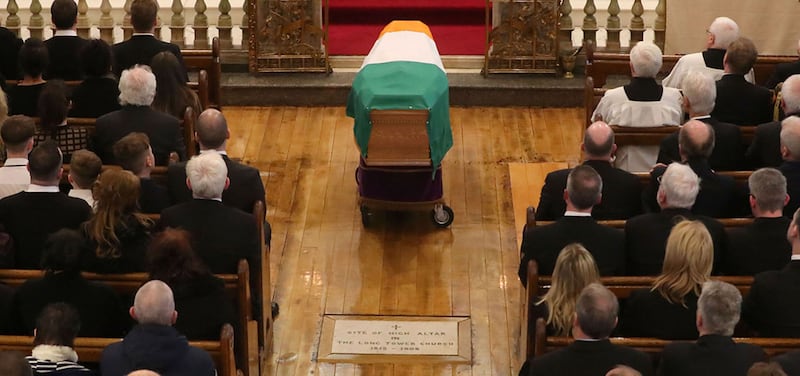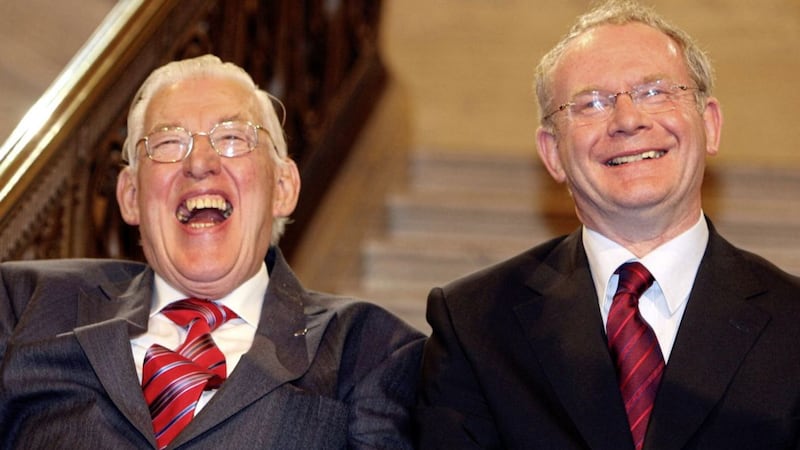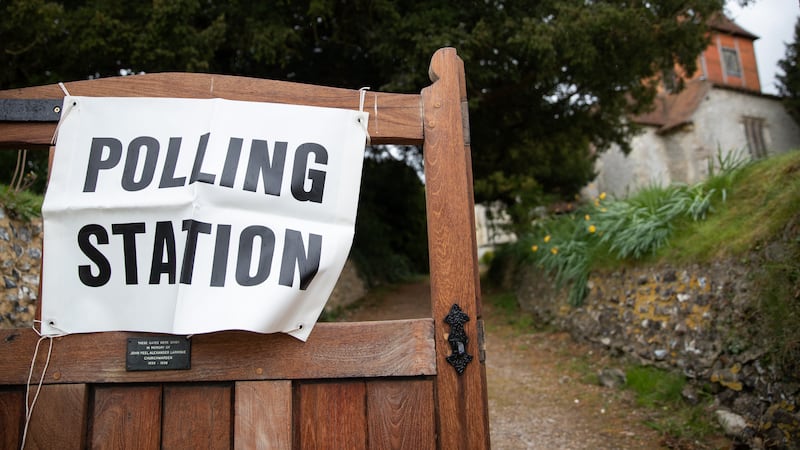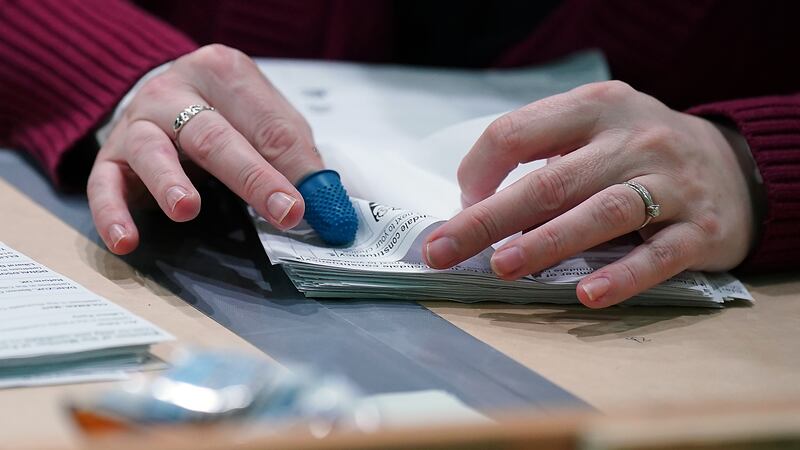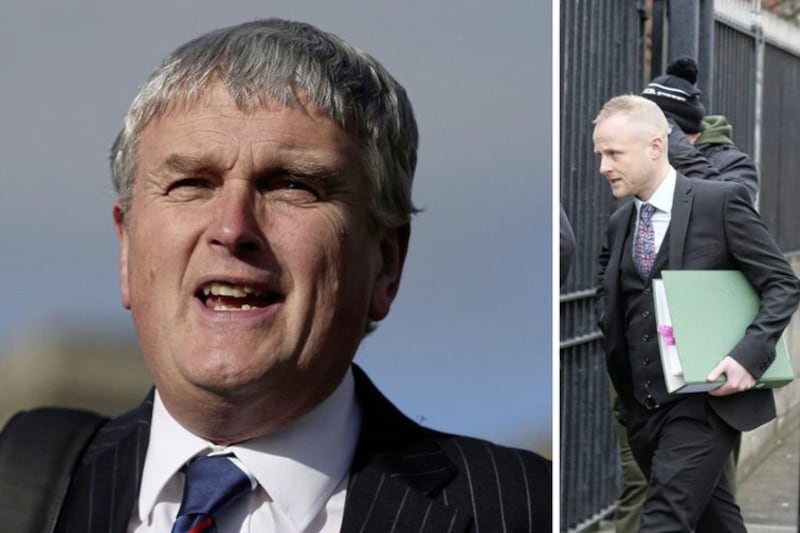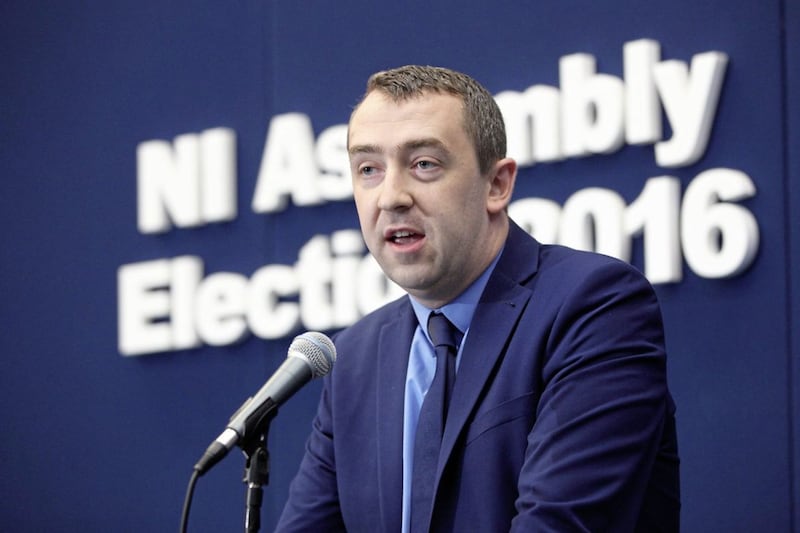STANDING outside St Columba's Church at Martin McGuinness's funeral mass last month I got talking to a man who had travelled a considerable distance to be in Derry that day.
He had decided to attend simply to pay his respects. Not because he knew Martin, or that he was a republican, but because he felt it was the least he could do after all that Martin had done to create the peace that we now enjoy.
It will ultimately be this work that helped pave the way for a lasting peace in Ireland that will be his legacy. His relationship with Ian Paisley and the bridge building he carried out during his joint stewardship of the executive has helped change our society for the better.
There have been many political opponents who, in the wake of his passing, have predictably tried to highlight his position in the IRA during the conflict but of course they do not and will not look at actors from other sides in the conflict through the same darkened lens.
For the past century, Ireland has produced IRA leaders through times of war that went on to become presidents, taoisigh and leaders of a variety of political parties. Their legacies have been focussed on their later lives and their major political decisions, not the conflicts from which they emerged. History will treat McGuinness no differently.
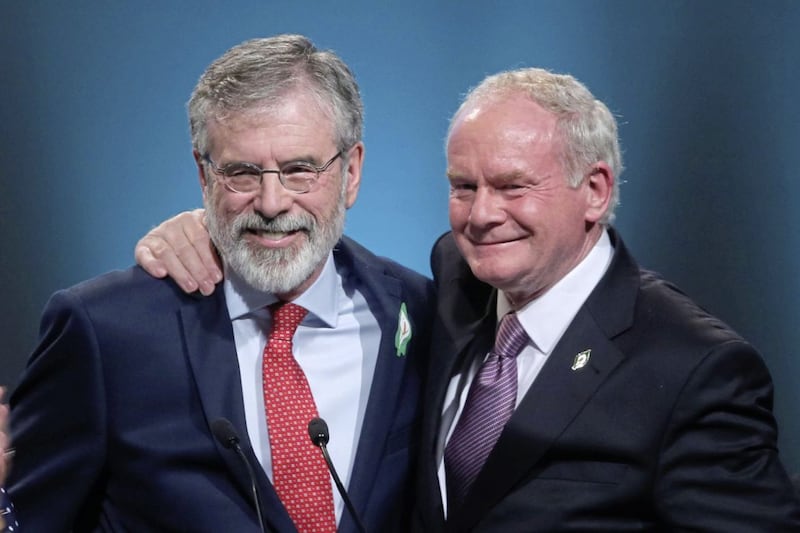
As the joint head of the executive, Martin took an initial gradualist approach to power-sharing with the DUP. It was a strategy that proved successful. This was reliant on good working relationships and a spirit of compromise to ensure that political change was gradually delivered.
Examples of this included the devolution of policing and justice powers to Belfast which was included in 2006's St Andrews Agreement and eventually implemented after the Hillsborough Agreement of 2010.
The Derryman's boyish charm and genuine warmth towards his unionist colleagues in government was critical in maintaining the last decade of political stability.
The sub-agreements since the restoration of the assembly were, for republicans, about delivering upon the commitments made at St Andrews and other accords. Ensuring that those who made big ticket promises made good on their word.
However, more recently the DUP seem determined not to compromise. This has eroded the faith that nationalists had in the institutions when McGuinness and Paisley first began their joint stewardship of the executive.
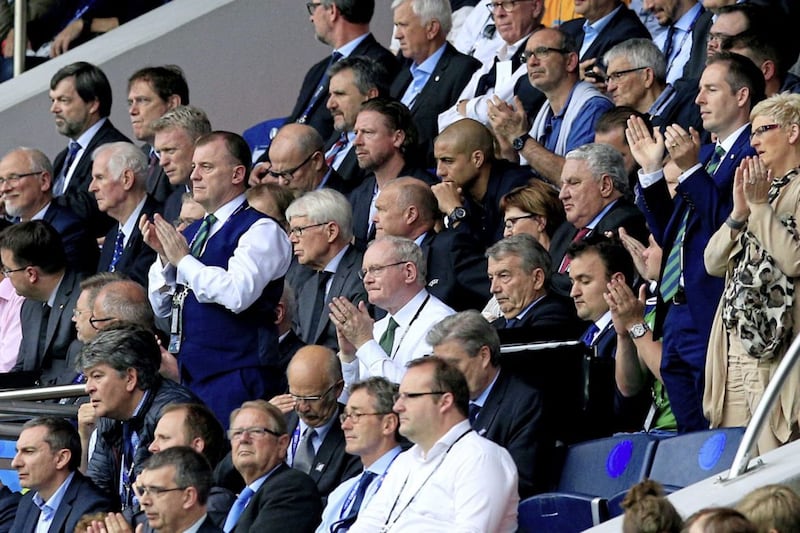
The assembly cannot work unless unionist leaders step out of their political comfort zones. In 2009, Martin McGuinness did this when he spoke out immediately after the deaths of two British soldiers at Massereene barracks in Antrim. Whilst McGuinness was facing down opponents, some of who later threatened to kill him, the DUP were looking over their shoulder at Jim Allister and began to regress from the positive position that Paisley had adopted to powers-haring just years before.
Delivering on the commitments made regarding the Irish language, even allowing a nationalist to head the Department of Justice, are not big asks. However, that is what they have been portrayed as, most notably by Arlene Foster when she made her `crocodile' comment.
`Mo Ghile Mear', the old 18th century lament, was played at the funeral Mass in Derry. It was particularly poignant as here was a community parted suddenly from its champion, its leader through good times and through bad. That collective of republicans, nationalists and gaels will feel that, in Martin McGuinness’s absence, the least they can do is adhere to his resignation letter, his last major political act.
If the issues in that letter are not addressed, but more importantly, if unionists do not embrace power-sharing and honour the agreements already made, there will be no return to Stormont.
McGuinness's resignation unexpectedly led to the loss of the unionist majority in the assembly for the first time in history. In more ways than one, it has marked the end of an era - and the beginning of the next.
